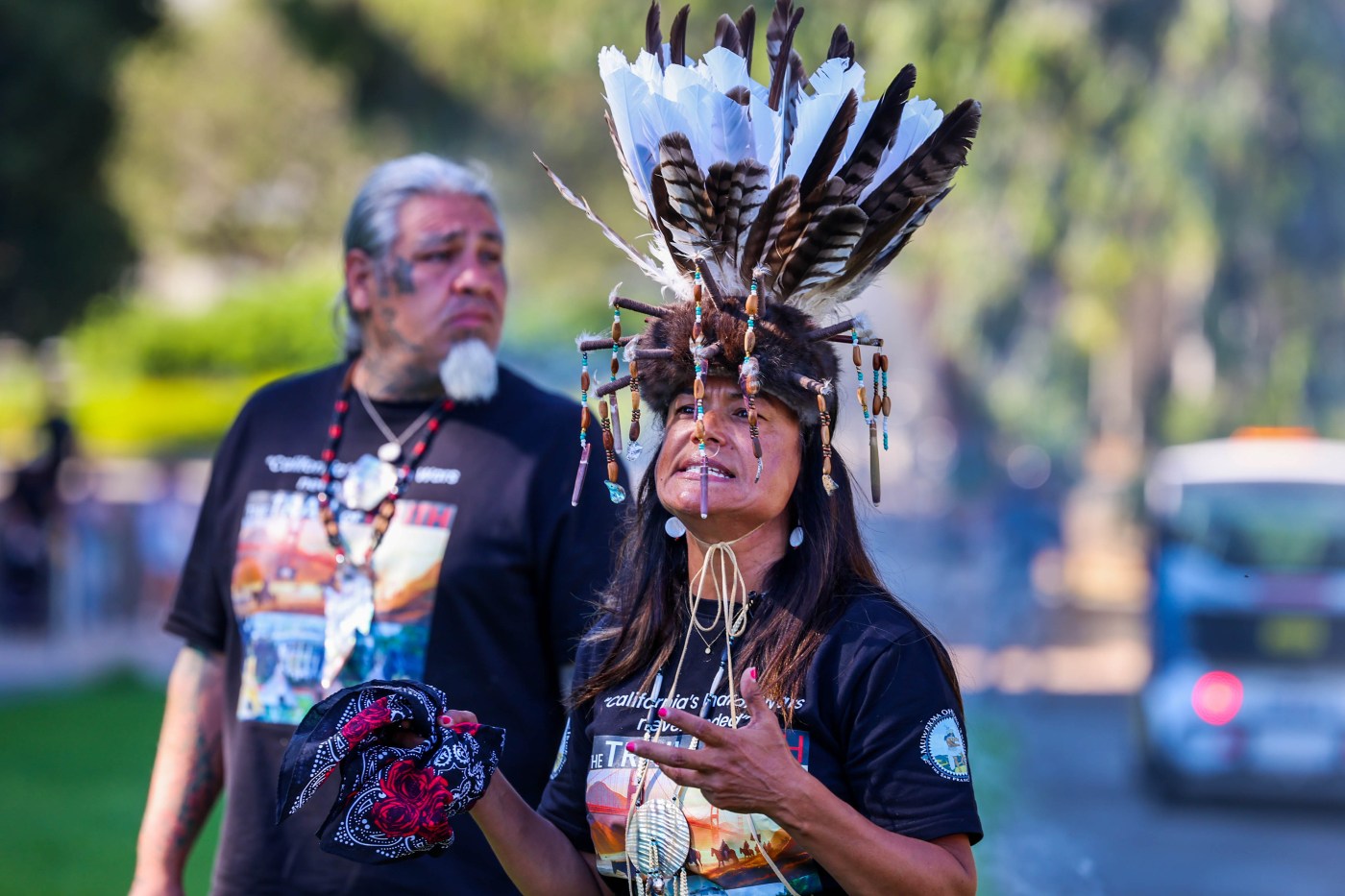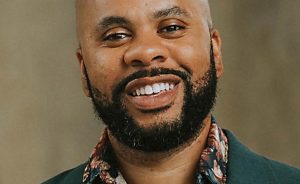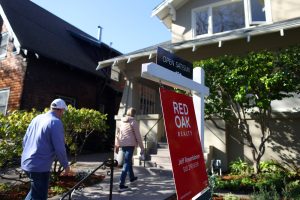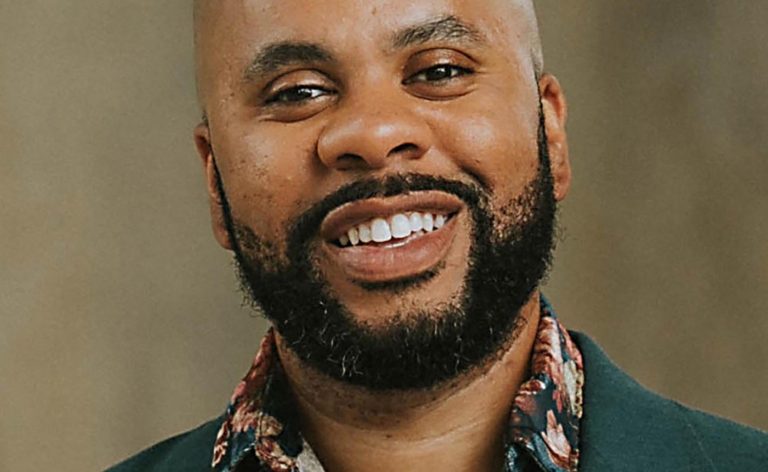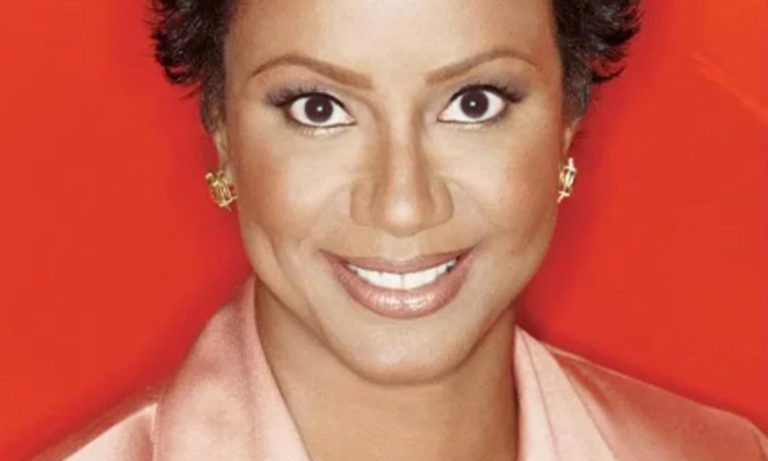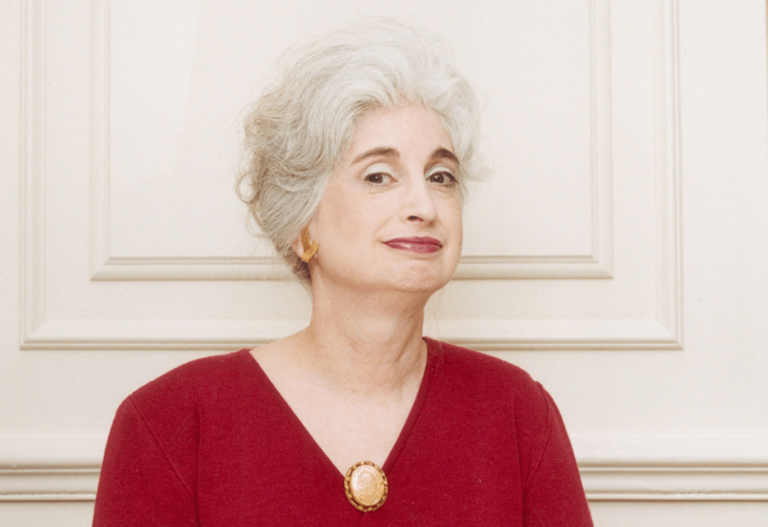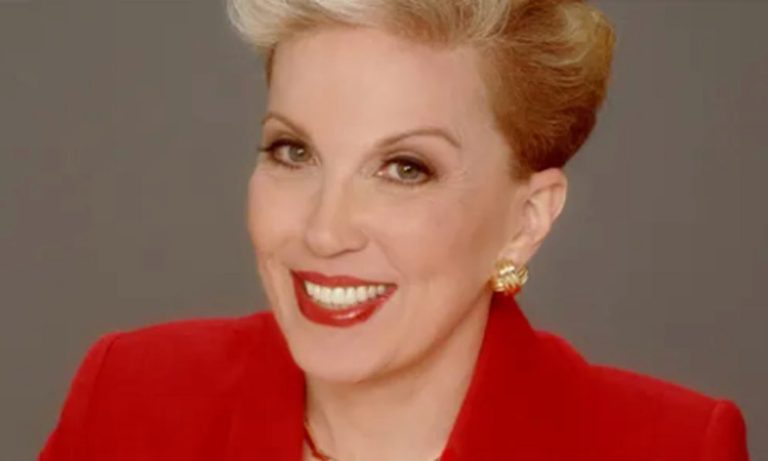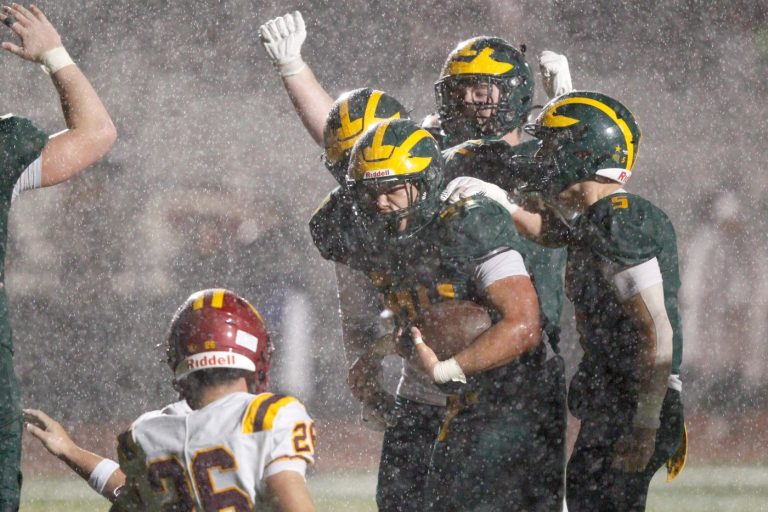Accusing Bay Area leaders of obstructing its efforts to gain federal recognition, the Muwekma Ohlone tribe is lashing out at San Jose officials for continuing to delay a decision on whether to support the group’s endeavor.
The tribe launched a grassroots campaign to garner local support after receiving denials through the Bureau of Indian Affairs and judicial proceedings, as it attempts to gain recognition through an act of Congress.
The City Council was initially supposed to consider a local resolution in August, but has pushed back a decision multiple times after receiving letters from Reps. Zoe Lofgren and Anna Eshoo that warned them of the ramifications.
“Today was supposed to be the day that the San Jose City Council brought a resolution of support to the full council for a floor vote,” Tribal Chairperson Chairperson Charlene Nijmeh said in a statement read at Tuesday’s City Council meeting. “But because of Zoe Lofgren’s behind-the-scenes effort to squash this resolution, we are here today protesting against (congressional and local leaders and) protesting rather than celebrating.”
A crowd of the tribe’s supporters rallied in front of City Hall before dozens addressed the Council about the important of recognition.
Over the past two months, the Muwekma Ohlone also embarked on a cross-country horseback ride called the “Trail of Truth” to raise awareness about their push. Multiple San Jose City Council members have expressed their support, prompting the resolution at the local level.
The tribe’s lack of federal recognition prevents it from receiving benefits such as the ability to hold land, federal assistance and aid in repatriating artifacts held by government agencies and public museums.
The BIA, which last granted federal recognition to a tribe five years ago, denied the Muwekma Ohlone’s petition for recognition in 2002, citing its failure to meet three of the seven required criteria. After a D.C. Circuit Court ruled in favor of the BIA in 2011, an appeals court affirmed the decision two years later.
In her letter to the City Council, Lofgren cautioned them against circumventing the BIA’s process, and raised questions about fairness for the other tribes that also had been previously denied.
“I encourage the Council to more carefully consider this and other complicated issues that would arise from Congress overturning BIA’s independent, fact-based determination,” Lofgren wrote.
The tribe’s attempts to engage other Bay Area congressional delegation members also have proven fruitless over the past few years. In a sit-down meeting last year, the delegation accused the tribe’s surrogates of spreading disinformation and writing fake news stories about their positions.
One of the most significant sticking points for local congressional members has been the tribe’s unwillingness to cede any gambling rights it could gain through federal recognition.
“Because other members of the Bay Area congressional delegation share my concerns about gaming, the Tribe’s position has left us at an impasse and prevented us from engaging constructively on the complex underlying question of whether legislative recognition should be pursued at all,” Eshoo wrote to the City Council.
While tribal leaders have acknowledged that they are not willing to give ground, they accused other federally recognized tribes with those rights of influencing congressional leaders. They added that the stipulation only proves that those in power acknowledged their ancestral rights.
“This war against the indigenous population continues today, and although it’s taken on a new, more political form, it is no less violent and no less destructive to your culture, tradition, and community,” Nijmeh said. “It is no less intent on ensuring the eradication of Indian tribes in the San Francisco Bay Area.”
City officials have attributed the delays in action to wanting more time to learn about the tribes’ history and the recognition process, including what local support offers other than a symbolic gesture.
“It really is still going to require someone — a member of Congress, whether it’s someone from our delegation here or someone else in the United States — to carry this forward and carry the water for the tribe,” District 2 Councilmember Sergio Jimenez said. “Without that, even if we do say ‘Yes, we recognize you here in the city of San Jose, we give you that recognition,’ if you will, symbolically, it may not fundamentally change anything, because the folks that they all need to convince are people that are at a higher pay grade than us.”
But Dr. Kerri Malloy, an assistant professor of Native American and Indigenous Studies at San Jose State University, disagreed as he attempted to answer the council’s questions Tuesday.
“There’s a great deal of emphasis, particularly in Higher Ed and governments now, to read land acknowledgments or have land acknowledgments recited at the start of meetings,” Malloy said. “Those have become performative acts in that we did it, we feel really good about it, and then we go about our business, so passing this would not simply be symbolic.”
Related Articles
San Jose has found a location for its first business improvement district in more than 15 years
Feud between San Jose councilmember, Vietnamese group erupts over flag-raising ceremonies
San Jose to build its first safe sleeping site
Councilmember vows to block plan to use San Jose tiny homes for jail diversion
Another Bay Area congresswoman warns San Jose of supporting tribe’s federal recognition
Adding to the friction between the tribe and the city, District 5 Councilmember Peter Ortiz, one of the local leaders championing the tribe’s efforts, said the city failed to provide the requested information, including the history of bias and weaponization of the process against unrecognized tribes, and accused the city administration of expressing hesitation.
While Ortiz said everyone could read the writing on the wall, he told the tribe he hoped to continue the discussion in the future.
“The Muwekma Ohlone have suffered long and historic injustices, and the lack of federal recognition has cut them off from the federal programs that are supposed to address those harms,” Ortiz said. “What the Muwekma are asking goes beyond any electoral politics […] To not do this is to maintain the status quo of erasure of our First Nations and indigenous people.”
